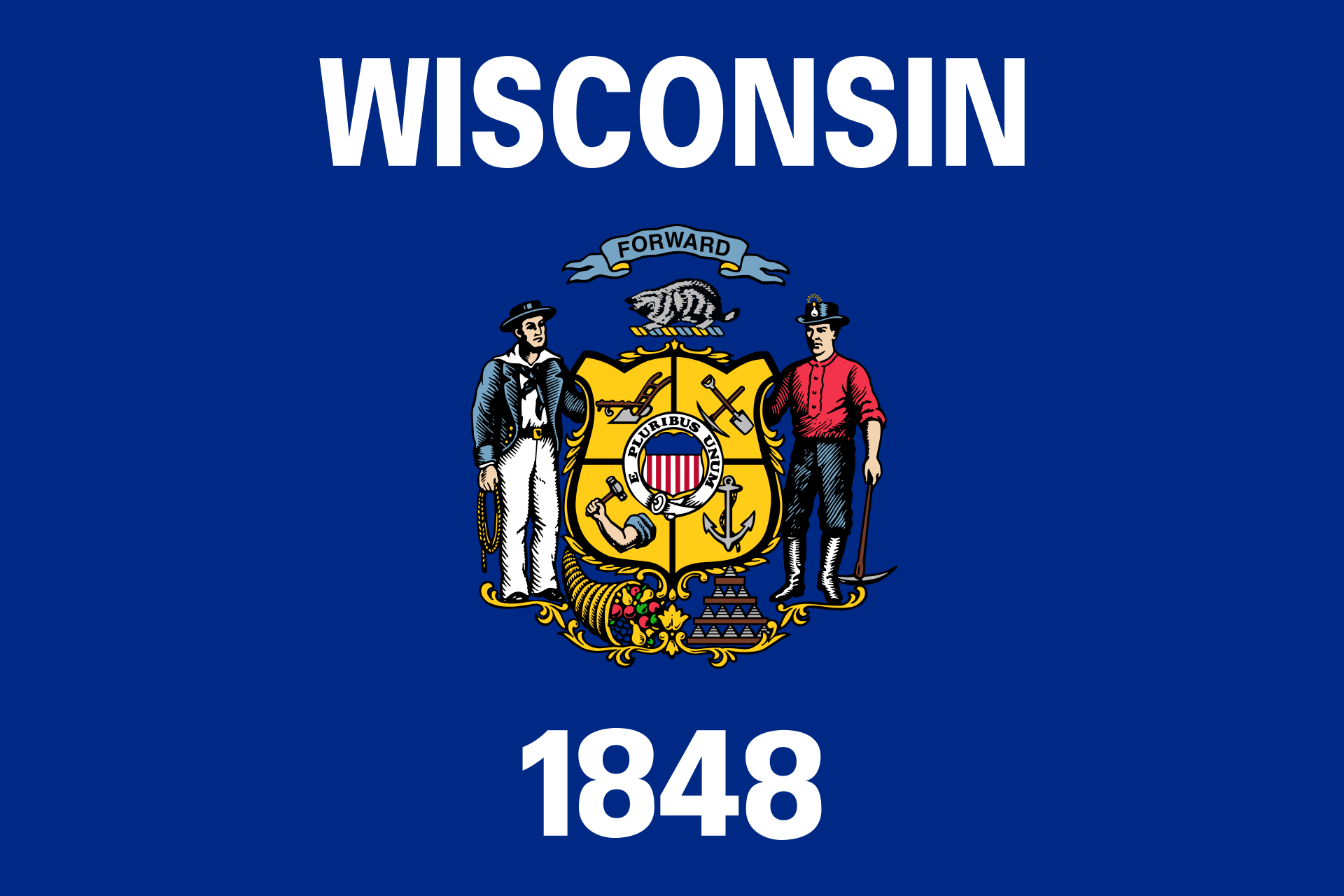The Freedom From Religion Foundation welcomes a Wisconsin Supreme Court decision today denying several Catholic-affiliated organizations an exemption from the state’s unemployment insurance tax.
The court determined that the groups did not demonstrate they were primarily operated for religious purposes and that the state did not violate their First Amendment rights. “This decision protects Wisconsin workers and resolves vast claims by the religious groups that they must be exempt from laws that apply to nearly all employers,” says FFRF Co-President Annie Laurie Gaylor.
FFRF filed a friend-of-the-court brief in the case warning that it could have a far-reaching impact for Wisconsin employees. The brief cautioned that a ruling for the Catholic groups would allow any religiously affiliated organization, including hospitals and universities, to become exempt from the unemployment insurance program. During oral argument, Justice Rebecca Dallet cited FFRF’s brief and questioned whether the Catholic groups’ position would extend to religiously affiliated hospitals.
A majority of the Wisconsin Supreme Court agreed with FFRF’s caution. In a 50-page opinion by Justice Ann Walsh Bradley, the court ruled that the organizations had not demonstrated that they operated with a religious purpose under the statute.
The Superior-based Catholic Charities Bureau, the social ministry arm of the Diocese of Superior, claimed that five of its nonprofit organizations were “operated primarily for religious purposes.” The court reviewed the mission and activities of the organizations and determined they had not met their burden of demonstrating that they qualify for a religious exemption.
The opinion says, “The record demonstrates that CCB and the subentities, which are organized as separate corporations apart from the church itself, neither attempt to imbue program participants with the Catholic faith nor supply any religious materials to program participants or employees. Although not required, these would be strong indications that the activities are primarily religious in nature.”
The court also concluded that the state did not violate the Establishment Clause or Free Exercise Clause of the U.S. Constitution’s First Amendment by denying the exemption. Conservative Justice Rebecca Bradley authored a 73-page dissent, which was partially joined by Justice Annette Ziegler. Justice Brian Hagedorn dissented, as well.
Bradley’s dissent accused the majority of having a Protestant bias and opened with a bible quote (from the King James Version). Without remarking on the use of the ironic quote, Bradley wrote:
“Render therefore unto Caesar the things which Caesar’s; and unto God the things that are God’s.” Matthew 22:21 (King James)
Bradley accused the majority of creating “a denominational preference for Protestant religions” because non-Protestant organizations that offer social services often do not engage in religious activities as part of those services. Bradley later said that the majority was viewing things “through a seemingly Protestant lens.”
The Catholic Charities Bureau has been represented by the Becket Fund, a highly conservative religious legal outfit named for a Catholic martyr. FFRF’s amicus brief was submitted by Legal Counsel Sam Grover and Senior Counsel Patrick Elliott.
The Madison-headquartered Freedom From Religion Foundation is a national nonprofit organization with 40,000 members across the country, including over 1,700 members in Wisconsin. Its purposes are to protect the constitutional principle of separation between state and church, and to educate the public on matters relating to nontheism.

